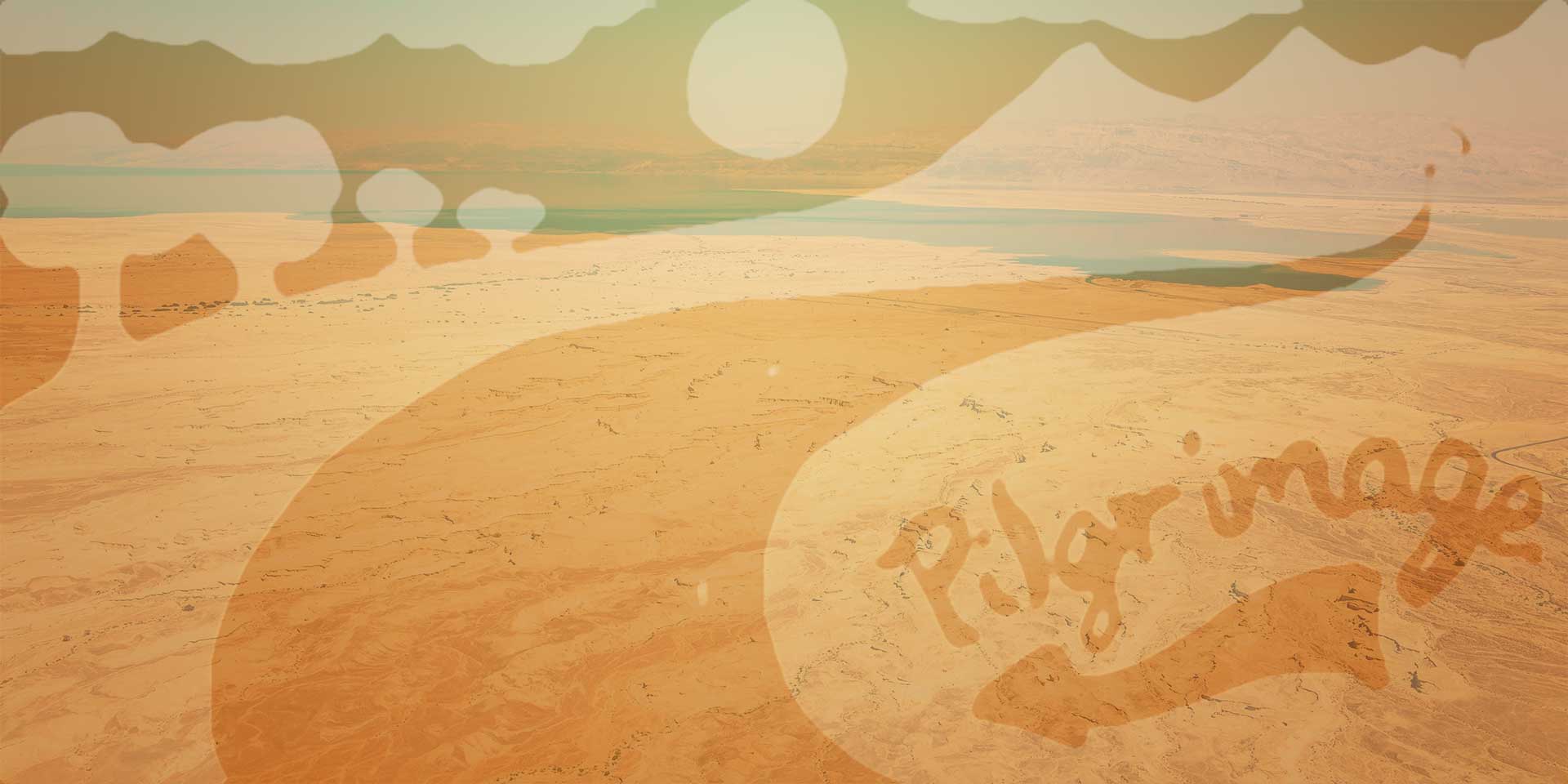Next time you’re moving through the customs line of an international airport, declaration card filled out, passport in hand, and the customs official asks you that million dollar question, ‘Are you traveling for business or pleasure,’ try telling her neither, you're on pilgrimage thank you very much.
Three years ago I borrowed a book called The Art of Pilgrimage by Phil Cosineau from the library of a ship called the M/V Pacific Link, which at that time was floating around Fiji doing good deeds in some of the smaller islands. To be honest, the book is a little fluffy, but it was a really interesting take on travel in general and it helped me shape a better philosophy of travel for myself.
Pilgrimage is an interesting concept.
Practiced by every major religion throughout history, and many non-religious people as well, the idea of pilgrimage ties together some powerful elements:
* the anticipation of a destination,
* continual movement towards that destination,
* a common, shared experience,
* an interruption to normal life,
* an attempt to reach past the boundaries of everyday reality for something deeper and higher, whatever that may be and whether or not you even know.
There are plenty of ways we could benefit from practicing the art of pilgrimage in our lives and in our travels—it would be really cool to participate in an actual pilgrimage, maybe even join hundreds of others and take a long walk across the middle east in the possible footsteps of Abraham, great grandfather of three major religions—but, lets look at a more specific application.
Recently I loaned The Art of Pilgrimage to my friend Nancy. She was doing research in preparation for a week of lectures to a bunch of high school students about the role Christian missionaries have played in foreign countries and whether, on the whole, they have done more harm than good.
One of Nancy’s passions is to see the Christian church become much more aware and thoughtful in the way it does good in the world—actually doing good rather than causing all kinds of collateral damage under the pretense of doing good.
Sounds easy, right?
In certain branches of the Christian religion there is a phenomenon called short-term mission trips, where a group of people, usually high school or college students, will go somewhere, usually a developing country, and work with local missionaries or churches to do construction work and other manual labor, visit schools, orphanages, and hospitals, preach sermons and put on cross-cultural dramas to share some aspect of Christianity with believing and non-believing crowds.
In some circles, short-termers have developed a bad reputation for being loud, obnoxious, arrogant, impatient, and actually getting in the way of local church and missionary work much more than helping.
Nancy was looking for books about world missions. I gave her a book about pilgrimage because I believe the idea of pilgrimage could help churches navigate the rough waters of short-term missions and all their inherent drawbacks.
So, what would be different?
What sets a modern day pilgrim apart from a modern day tourist, or short term missionary, is a deep humility towards, and sense of respect for, the place and people and culture being entered.
If tourists go to see something, or do something, then scratch it off their list and move on, a pilgrim goes with a certain reverence and awe and expectation. She is on a sacred journey after all, and every detail is filled with a kind of magic, a touch of the Creator, the Divine, the Mysterious, whatever she wants to call it.
She goes with a spiritual awareness, an expectation of not bringing God but actually finding him already present and at work. Every event, every conversation or chance meeting, every accident, every delay, every misfortune is ripe with possibility. Humble and aware, she marches forward with great hope for what might happen next and delight in all the welcome and unwelcome surprises that come.
She also goes to learn, both from the experience itself and from the people she gets to know along the way. She does not go looking to change people to be more like her. Instead she goes looking for a mutually beneficial alliance. A partnership. She might even call it friendship.
The fantastic thing about pilgrimage is the agenda.
The pilgrim's only agenda is to seek, to learn, and to be a blessing. If that's not the true purpose of short term missions, not to mention life in general, I don't know what is.
Godspeed.

